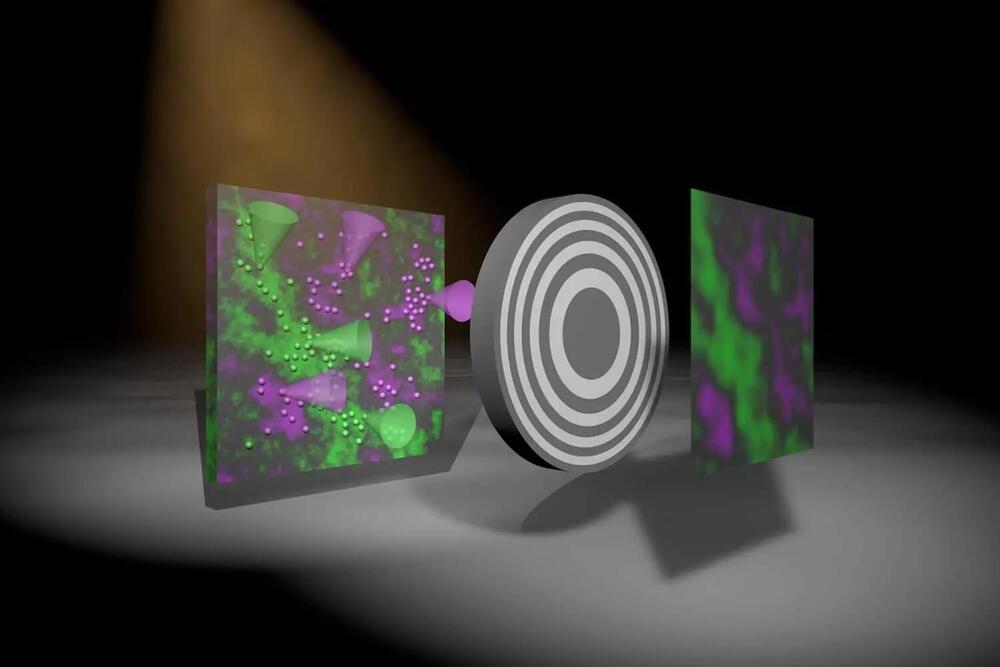Feb 12, 2023
Microsoft deploys AI in the classroom to improve public speaking and math
Posted by Kelvin Dafiaghor in categories: education, employment, mathematics, robotics/AI
Microsoft announced new AI-powered classroom tools today. The company sees its new “Learning Accelerators” as helping students sharpen their speaking and math skills — while making teachers’ jobs a little easier — as children prepare for an even more technologically enhanced world.
Speaker Progress is a new AI classroom tool for teachers. Microsoft says it saves them time by “streamlining the process of creating, reviewing, and analyzing speaking and presentation assignments for students, groups, and classrooms.” It can provide tidy summaries of presentation-based skills while highlighting areas to improve. Additionally, it lets teachers review student recordings, identify their needs and track progress.
It will be a companion for Speaker Coach, an existing feature Microsoft launched in 2021 that provides one-on-one speaking guidance and feedback. For example, it uses AI to give real-time pointers on pacing, pitch and filler words. “Speaker Coach is one of those tools that kind of was a lightbulb tool for a lot of students that I’ve worked with,” said an unnamed teacher in a Microsoft launch video. “Being able to practice and get real-time feedback is where Speaker Coach really comes in and helps our students, and it even helps us as adults.”

















